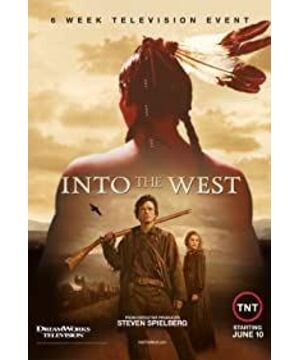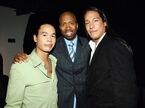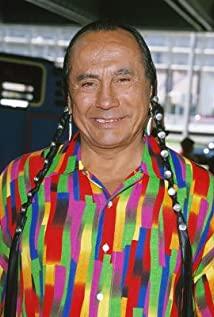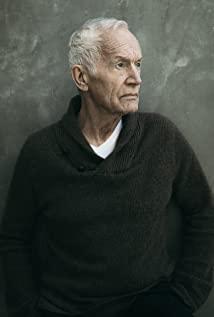As a person who once had the ambition to study the history of the American Indians, praised Spielberg's play. See you too late. However, it is recommended to learn about the history of American Indians and the history of the Westward Movement before watching. Looking at it this way will better understand what Spielberg wants to express.
I think this drama can basically be regarded as half of the history of the Great Plains Indians in the United States, and it can also be regarded as a history of the American Westward Movement—a history of American prosperity full of the blood and tears of Indians and ordinary white people. .
This drama traces the major events of the 19th century in the United States from the perspective of an ordinary family, the Wheeler Wheeler family. The members of the family basically participated in the survey of California, the gold rush, the Alamo battle, the American Civil War, the construction of railways, the opening of the west, the massacre of Indians, and the final Woodnide incident. There are no heroes, only ordinary people who are driven by the wheel of history. Although many people lose themselves in the process of progress, such as Yethro who has been swallowed by gold, there is still Jacob who never forgets his original intention. The cloth is persevering, as a person. This is the hope of mankind.
There are also many issues that can make people think about, such as the issue of personal cultural identity, especially the cultural identity conflict between white and red mixed people. The status of marginal characters prevents them from being recognized in any society. As individuals, what should we do when we encounter the inevitable and inescapable modernization? What should be done when the backward Indian meets the savage white man who cannot resist? Resistance or surrender? Or how to avoid the fate of being looted and slaughtered by white people? I think this is also a question that Spielberg keeps thinking about. I have been thinking about this question before, but there is no answer. In other words, the result of my thinking is that it is inevitable, just like China's encounter with the Opium War. The love of bison can be said to be the projection of Spielberg's thinking. He has been looking for, thinking, that can prevent the Indians from being crushed by the white wheels, but he did not get the answer, and Wakan Tanka did not tell him.
This drama allows people to see the tragic fate of the Indians, and how the Indians step by step changed from the brave and proud Great Plains Indian tribes to the reserved Indians who were gradually slaughtered by the whites and the culture disappeared...I I finally understand why a history of Indians is called bury my heart at wounded knee.
Sure enough, it was Spielberg, the conscience of the United States.
View more about Into the West reviews











